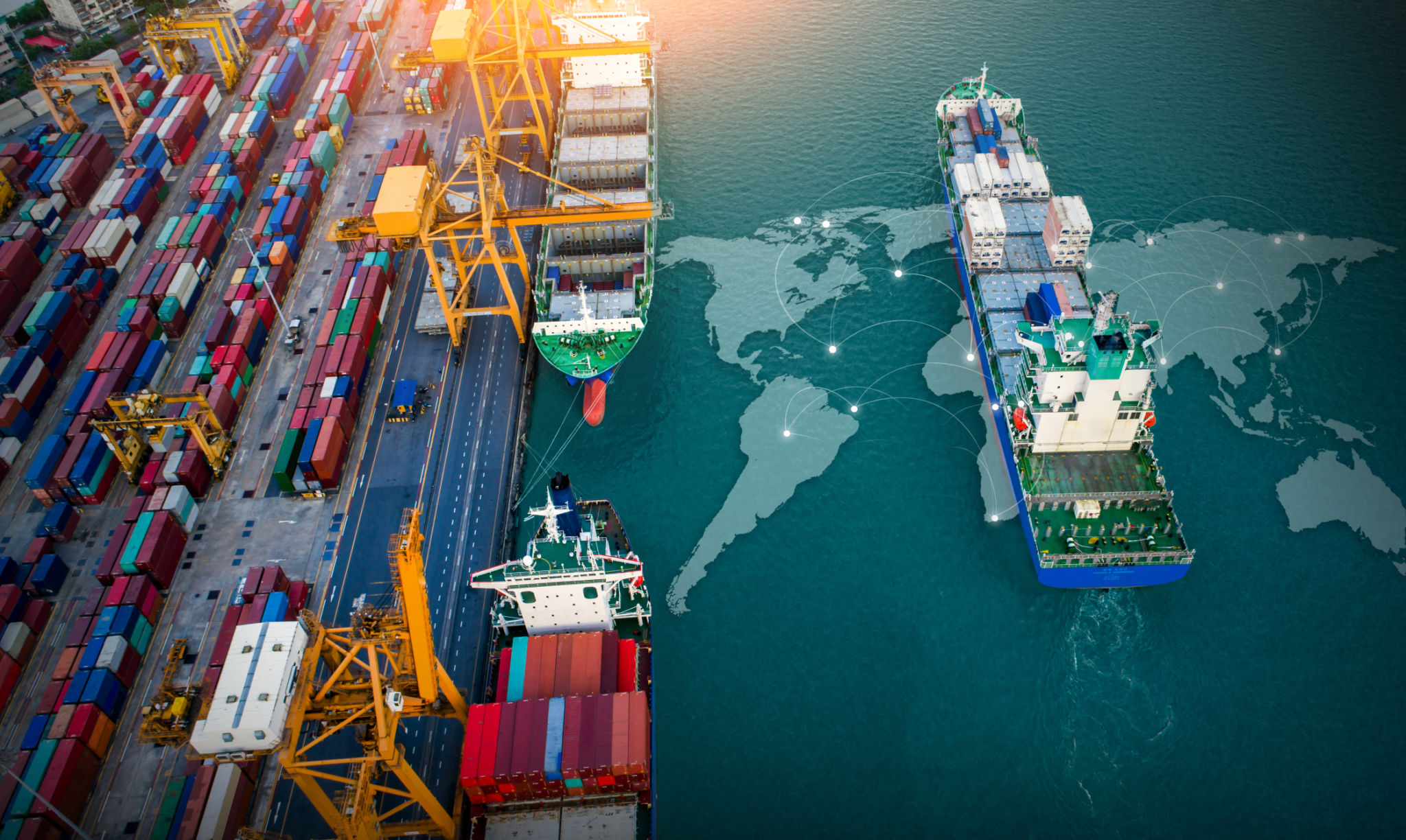Cargo Aviation and Its Impact on the Global Supply Chain
In today's fast-paced world, the need for efficient, reliable, and swift transportation of goods has never been more critical. Cargo aviation plays a pivotal role in meeting this demand, acting as a backbone for the global supply chain. By connecting continents and facilitating trade, air freight services have transformed how businesses operate and consumers access products.
Cargo aviation offers an unparalleled advantage in terms of speed. When it comes to transporting perishable goods or urgent medical supplies, the ability to deliver these items within hours rather than days can be life-changing. This efficiency allows businesses to maintain lean inventories and respond swiftly to market demands, all while ensuring their customers receive goods in the shortest time possible.

Enhancing Global Connectivity
The global reach of cargo aviation cannot be understated. With an extensive network of routes covering almost every corner of the world, air freight services connect remote regions with major economic hubs. This connectivity not only facilitates international trade but also opens up new markets for businesses looking to expand their operations globally.
Moreover, cargo aviation supports the growth of e-commerce by enabling rapid international shipping options. As online shopping continues to surge in popularity, the ability to ship products quickly and efficiently across borders has become a significant competitive advantage for retailers.
Supporting Economic Growth
Air cargo plays a crucial role in supporting economic growth by enabling businesses to reach global markets with ease. By reducing transit times and improving supply chain efficiency, cargo aviation helps companies lower costs and increase revenue. This economic boost is particularly significant for developing countries, where access to global markets can drive industrialization and create employment opportunities.

Furthermore, the cargo aviation industry itself is a significant source of employment worldwide, providing jobs in logistics, transportation, and airport operations. As the demand for air freight continues to rise, so too does the need for skilled professionals to support this vital industry.
Challenges and Innovations
Despite its many advantages, cargo aviation faces several challenges. Environmental concerns, such as carbon emissions and noise pollution, are pressing issues that the industry must address. Airlines are investing heavily in more fuel-efficient aircraft and sustainable technologies to minimize their environmental impact.
Innovation plays a key role in overcoming these challenges. Advances in technology, such as automated cargo handling systems and real-time tracking solutions, are transforming air freight operations. These innovations not only improve efficiency but also enhance security and customer satisfaction.

The Future of Cargo Aviation
The future of cargo aviation looks promising as technological advancements continue to reshape the industry. Drones and unmanned aerial vehicles (UAVs) are being explored as potential solutions for last-mile delivery, particularly in hard-to-reach areas. Such innovations could revolutionize logistics by making deliveries faster and more cost-effective.
Additionally, the integration of artificial intelligence and big data analytics is set to further optimize cargo operations. By leveraging these technologies, airlines can better predict demand, streamline routing, and enhance overall service quality.
In conclusion, cargo aviation is an indispensable component of the global supply chain, driving economic growth, enhancing connectivity, and spurring innovation. As the industry continues to evolve, its impact on global trade and commerce will undoubtedly grow stronger, shaping the future of how goods are transported around the world.
